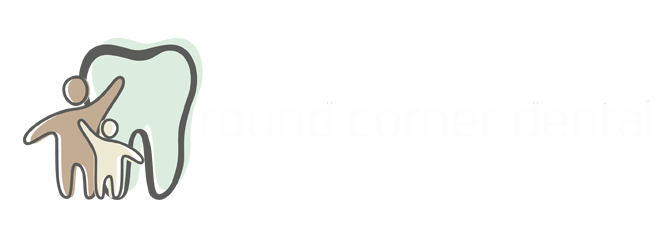News

Toothbrushes – Hard, Soft or Electric?
The answer to this question is simple. NEVER use a Hard OR Medium brush.
It’s a common misconception that hard-bristled brushes give a more thorough, efficient clean. It’s not the case, and they can do irreversible damage to your teeth and gums.
Protect your enamel!
Enamel is the white, hard outer layer of the tooth that protects the soft, inner layers. If you scrub it with hard bristles and wear it away, you’ll lose the protection it provides from harmful bacteria. You might also start experiencing sensitivity and roughness to the tongue as the layers beneath are exposed.
Protect your gums!
You can also damage your gums with a hard bristled brush, and eventually they will begin to recede towards the root of the tooth. When the root surface of the tooth is exposed, you are at greater risk of developing decay in these areas, as the root is not protected by a layer of enamel. It can also become very sensitive.
Note: In severe cases, the bone supporting the tooth can get seriously damaged. Bone loss can lead to tooth loss, so gums are very important!
Changing from a hard brush to a soft one is a strange transition at first – it can feel like its not cleaning anything at all.
Trust us – if you’re using the right technique, a soft brush cleans just as well, but without the damage.
TIPS:
- Angle the bristles toward the gum line
- With a soft brush, gently massage the teeth AND gums in small circles
- Do this for TWO minutes, TWICE a day.
It is far more about the TIME than the pressure used to brush.
If you have plaque on your teeth that your soft brush can’t remove, a hard brush won’t get it either. Our dentists can remove that safely, without damaging that precious enamel!


